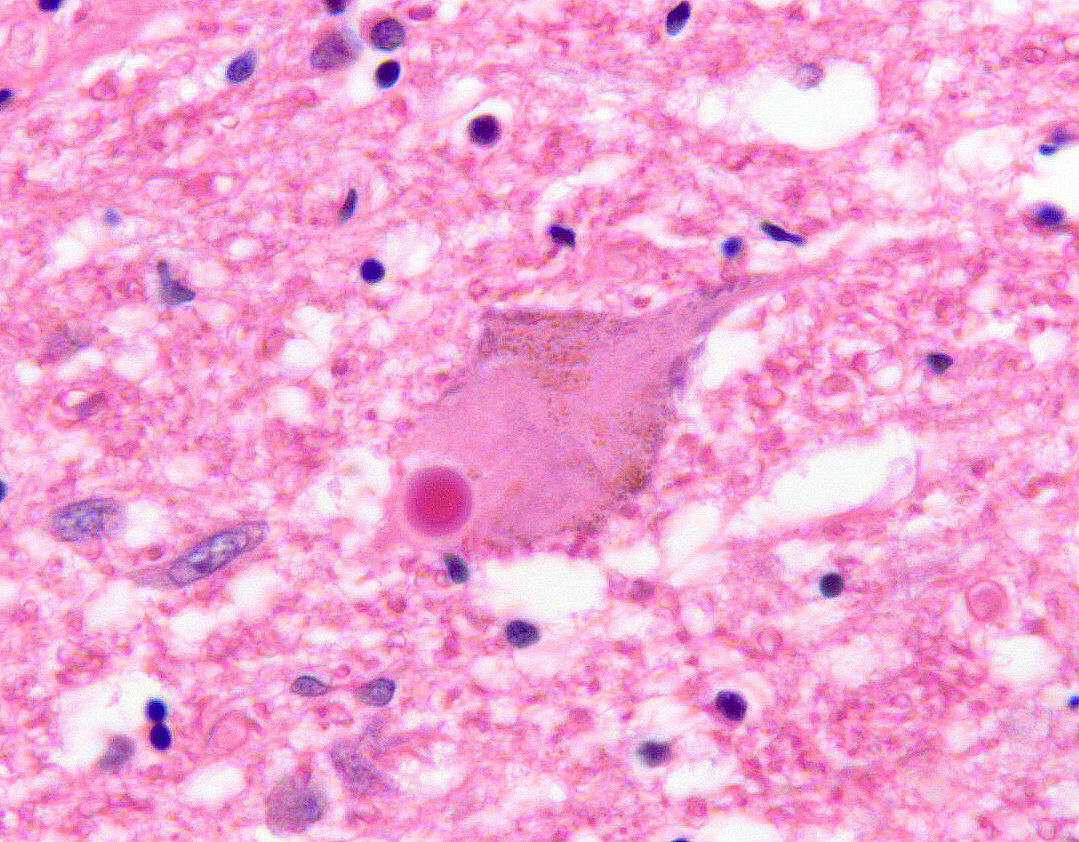
Brain UK study ref: 16/010,
Lay summary,
Project status: Closed
Selective vulnerability in MND/FTD
Dr Olaf Ansorge, University of Oxford
Motor neuron disease (MND) is a progressive neurodegenerative disorder that destroys motor neurons, the cells that carry the signal for muscle movement such as speaking, walking, breathing, and swallowing. There are different types of motor neurons which can be grouped depending on whether they are carrying signals around the brain and spine (upper motor neurons) or from the spine to the muscles (lower motor neurons). They can be further grouped depending on whether they are signalling fast acting or quickly fatiguing movements. Certain groups of neurons are affected differently during the course of motor neuron disease. The most significant degeneration (decline) of neurons in MND occurs within the spinal cord, however there is also moderate loss of upper motor neurons in the brain and spine.
We are particularly interested in upper motor neuron vulnerability. To investigate this, we will look for proteins that characterise neuron subtypes in conjunction with proteins that charcterise the disease effects, to identify whether particular neurons are more likely to collect disease-related proteins.
